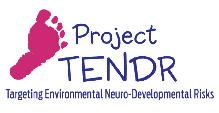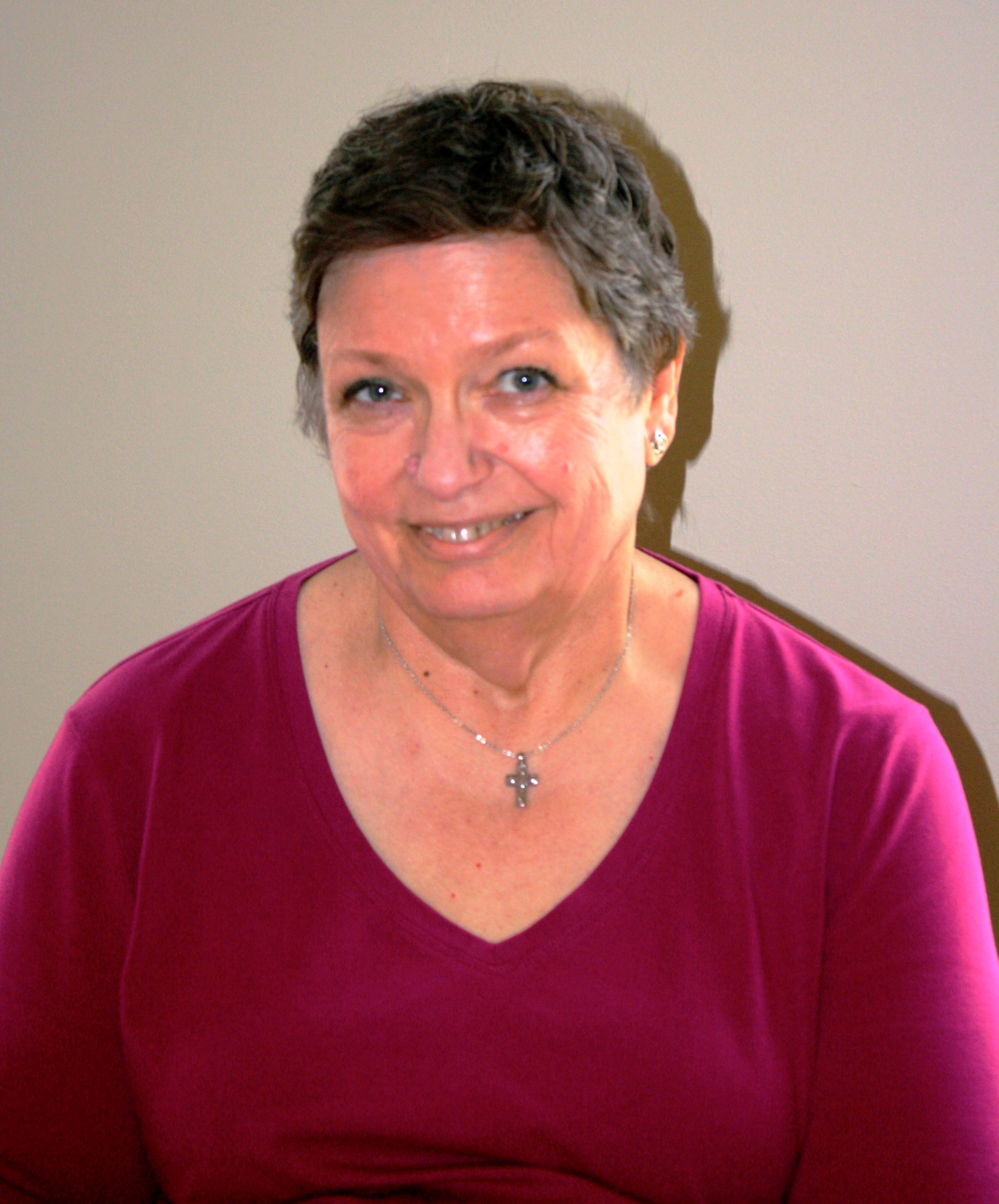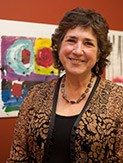January 27, 2016
Letter to the Editor
Dear Editor:
The Learning Disabilities Association of America (LDA) shares the distress of parents and professionals across the country over the situation in Flint, Michigan. The damage that has been done, and will continue to be done, by the contaminated water supply of Flint, is of immediate concern.
Given the urgency surrounding the children diagnosed with elevated lead levels from the drinking water in Flint, Michigan and our long-time interest in the effects of toxins on children and pregnant women, LDA would like to share information about the relationship between lead exposure and learning disabilities.
A fresh water supply with high levels of lead can cause neurological damage leading to learning disabilities, lowered IQs, and behavioral problems. Scientists agree that there is no safe level of lead exposure for children. Recent studies show that learning and behavior deficits occur in children even at very low levels of lead exposure, and that these deficits persist. In addition to learning disabilities, lead exposure can cause intellectual impairment, attention deficit hyperactivity disorder (ADHD), and behavior problems. According to LDA’s Healthy Children Project, scientists link low levels of lead exposure in toddlers to declines in math and reading test scores when the children reach elementary school.
A learning disability is a neurological condition that interferes with an individual’s ability to store, process, or produce information. Learning disabilities can affect one’s ability to read, write, speak, spell, compute math, reason and also affect an individual’s attention, memory, coordination, social skills and emotional maturity.
Learning disabilities will differ from child to child and person to person. They will not all look and act the same. For example, some students will have difficulty learning to read, others will struggle with math, some people may misinterpret or have difficulty remembering oral directions, and others may have trouble interpreting nonverbal cues like facial expressions or body language.
It’s clear that the most immediate priority is the health of the children. Testing for lead poisoning and, if needed, the removal of lead from their bodies is the absolute first priority. However, the State of Michigan and the City of Flint must recognize that this is only the first step on the long road to mitigating the impact of this problem. As stated previously, evidence strongly suggests that many of these children will have some form of a learning disability and/or neurological impairment (LD/NI). Therefore, the Learning Disabilities Association of America is strongly recommending that any intermediate and long-term plan dealing with this health crisis needs to contain the following:
1. 100 % of all two to four-year-old children testing positive for lead poisoning be periodically assessed for the early warning signs of a possible LD/NI and, if warranted, be provided with early intervention services at school and in the home.
● Scientific evidence suggests that early intervention services for children ages 7 and under can significantly reduce the long term impact of a LD/NI.
2. 100% of all seven-year-old children testing positive for lead poisoning be given a comprehensive evaluation that includes a cognitive assessment in order to identify specific problem areas that the individual child may have.
● The impact of a learning disability is unique to each child. A cognitive assessment is the only way to identify the problem areas that are specific to each individual child.
3. 100% of all children testing positive for lead poisoning be assigned a special education advocate/ parent trainer to work with the families in order to secure the right services at the right time from the Flint, Michigan School District.
● School districts tend to provide the least amount of services needed following the identification of a child with LD/NI and, as time goes by, subsequently increase services if needed.
● LDA firmly believes that school districts should provide the appropriate amount of services from the beginning and make small incremental adjustments moving forward.
● The role of the special education advocate is to represent the best interests of the child.
● Having a child with a disability is a traumatic event and can result in significant disruption in the home. Parent trainers work with families to help reduce and/or possibly eliminate the disruptions.
4. Finally, recognition by the State of Michigan that many of the children identified with neurological impairments as a result of lead poisoning will need an on-going system of supports as adults. While the impact of the impairment may be lessened, the impairment will last a lifetime.
● Individuals with LD/NI drop out of high school at a significantly higher rate than their non-disabled peers.
This needs to be a long-term commitment because learning disabilities do not go away.
As an organization that has worked for over 50 years with families of children diagnosed with learning disabilities, the Learning Disabilities Association of America can offer information about types of learning disabilities and early signs, assessment and evaluation to identify learning disabilities, special education services, legislation, advocacy, issues faced by adults with LD, and other resources. We invite you to visit our website at LDAAmerica.org.
Sincerely yours,
Mary-Clare Reynolds
Executive Director
Learning Disabilities Association of America




 One of the main reasons individuals join LDA is its strong advocacy for the health, safety, and education of children. When LDA learned of the dire situation with the water supply in Flint, Michigan, and the serious effects of high lead levels on children, a workgroup of LDA members sprang into action to support families in that community.
One of the main reasons individuals join LDA is its strong advocacy for the health, safety, and education of children. When LDA learned of the dire situation with the water supply in Flint, Michigan, and the serious effects of high lead levels on children, a workgroup of LDA members sprang into action to support families in that community.



